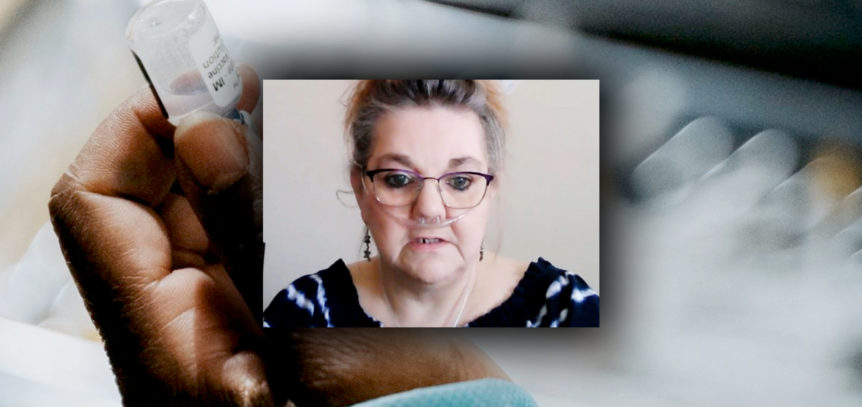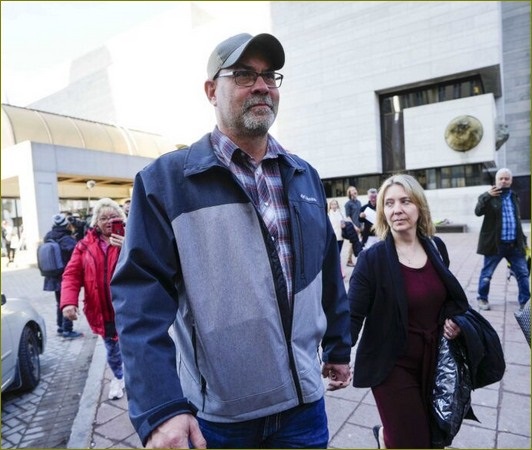Ottawa – An unvaccinated transplant candidate filed a court application this week asking the Supreme Court of Canada to hear her case against Alberta Health Services (“AHS”) and six doctors who removed her from a high priority organ transplant waiting list because she refused to take the Covid-19 vaccine.
Sheila Annette Lewis is dying of a terminal illness. She has been challenging the constitutionality of Covid-19 vaccine requirements for transplant candidates put in place by AHS, an Alberta Hospital, and six transplant doctors, for more than a year. She was unsuccessful at both the Alberta Court of Queen’s Bench and the Alberta Court of Appeal in 2022, with both levels of court finding that the Canadian Charter of Rights and Freedoms (“Charter”) does not apply to the Covid-19 vaccine policies of AHS, the Alberta Hospital where she would receive her transplant, or her transplant doctors. Both courts also dismissed her claims under The Alberta Bill of Rights.
Ms. Lewis’ Supreme Court of Canada Leave Application focuses on the national importance of her case. She hopes to convince the highest court in Canada to hear her case and make definitive findings on:
- Whether doctors working within a provincial government transplant program are immune from scrutiny under the Charterand provincial bills of rights legislation;
- Whether government health care providers such as AHS can avoid Charter scrutiny of their policies which are similar to doctors’ policies for transplant candidates; and,
- Whether it is constitutional to remove a dying person’s chance at life-saving surgery when she does not agree to take a novel drug still in clinical trials.
She asks the Supreme Court of Canada to clarify provincial health care providers’ obligations under the Charter to patients within their provincial health care programs, the role of the Charter and provincial bills of rights legislation in the health care sphere, and whether the Charter protects dying Canadians’ rights to life without a condition of taking an experimental drug that has caused injury and death.Ms. Lewis had renewed hope for her survival when Premier Danielle Smith announced on November 29, 2022 that she was seeking a second medical opinion in respect of the Covid-19 vaccine policy for transplant candidates. After that announcement, the transplant team contacted Ms. Lewis and told her she had 10 days to get the Covid-19 vaccines before they removed her from the transplant program entirely, which would likely render her ineligible for a transplant even if Premier Smith removed the Covid-19 vaccine policy for transplant candidates, without having to start over and re-apply to the transplant program. Ms. Lewis does not have time to waste; her health is deteriorating by the day.
This case is under a publication ban. Due to a Court Order, the Justice Centre may not reveal the names of the doctors, the hospital, the city where the transplant program is located, or the name of the organ that Ms. Lewis needs for life-saving surgery.
There is no guarantee that the Supreme Court of Canada will agree to hear her case. Each year the Supreme Court considers an average of between 500 to 600 applications for leave to appeal and hears 65 to 80 appeals.
“Ms. Lewis is nearing the end of the legal road,” states Ms. Allison Pejovic, legal counsel for Ms. Lewis. “She has made the difficult choice to stand against an unethical and unscientific vaccine mandate which has come between her and her chance to survive. We hope the Supreme Court of Canada is interested in hearing this very important case.”



















